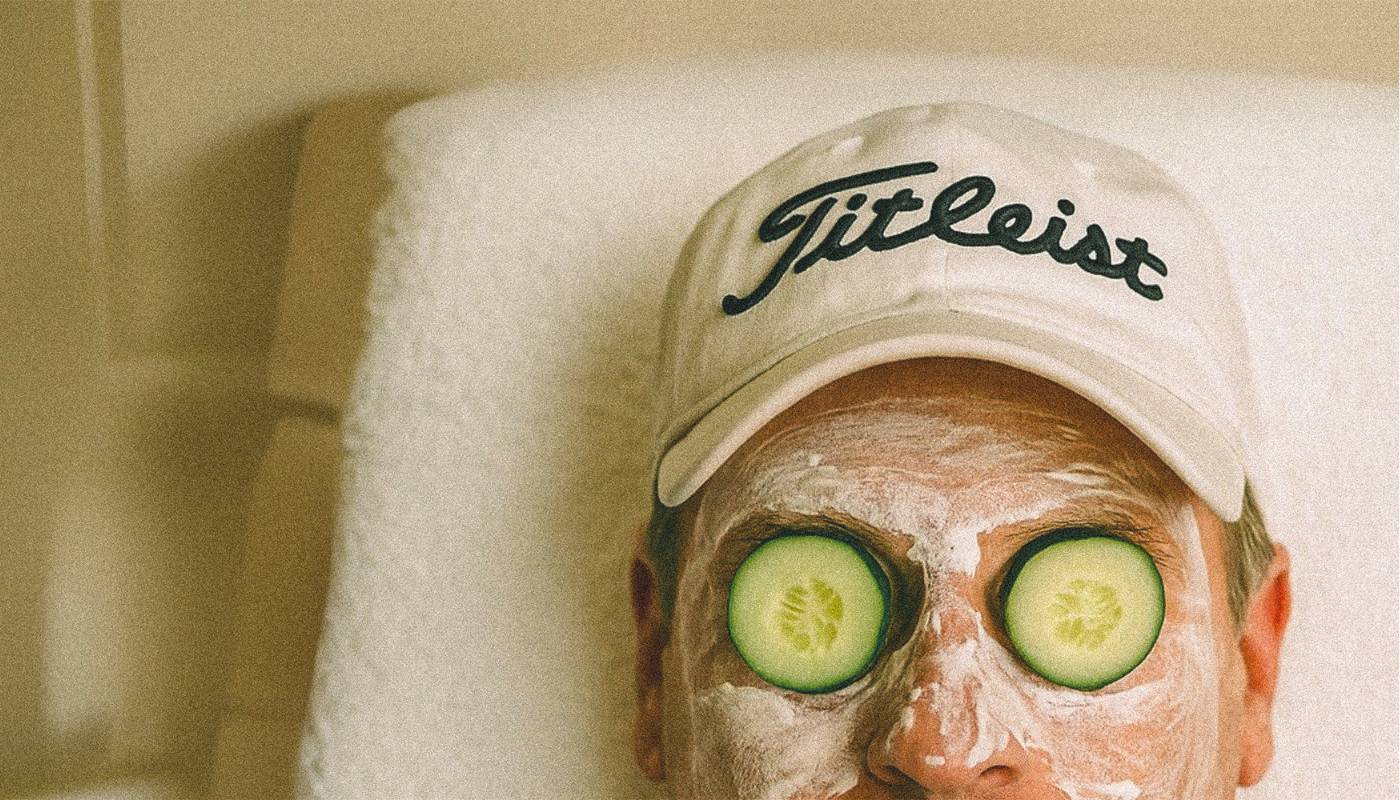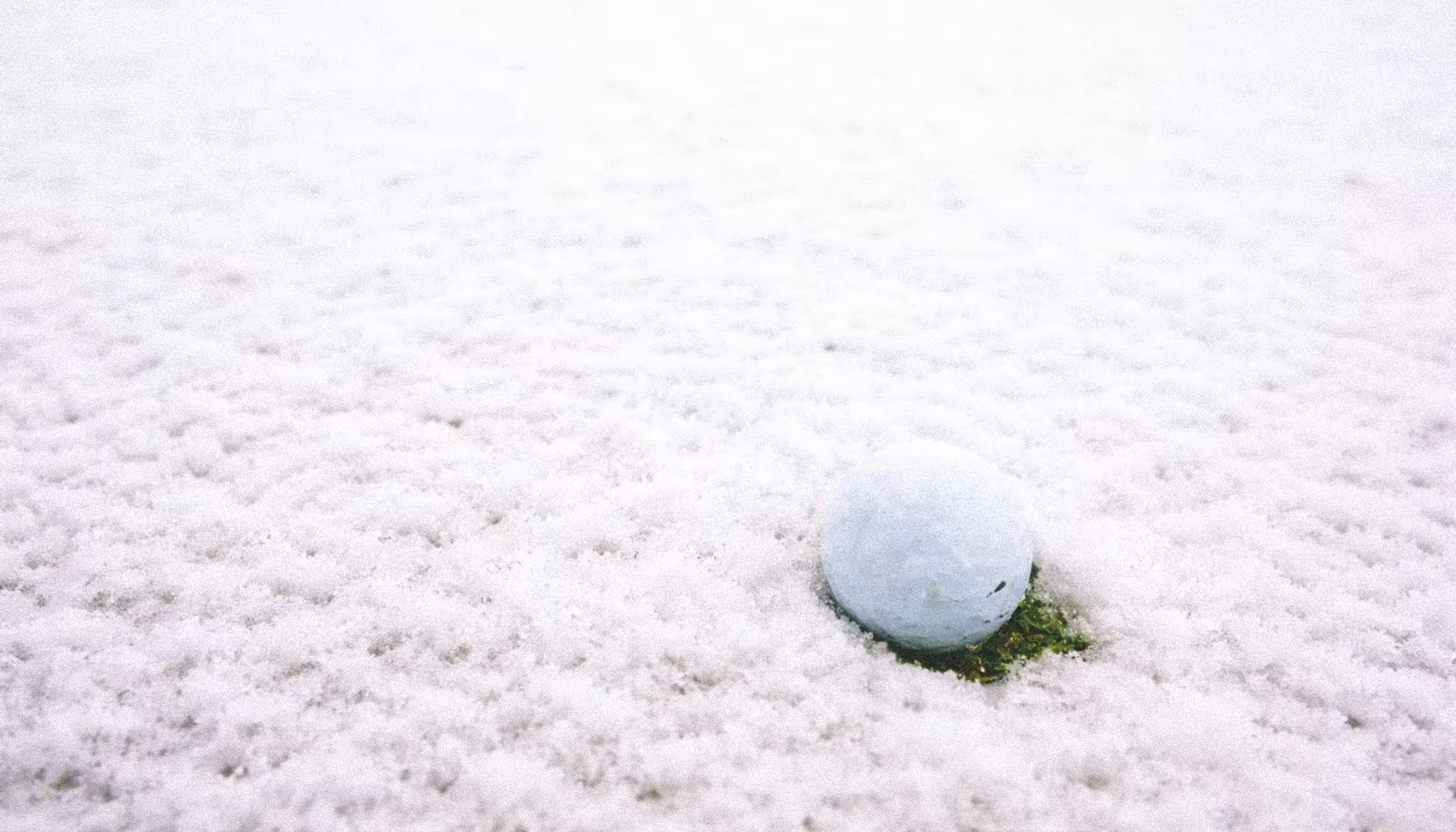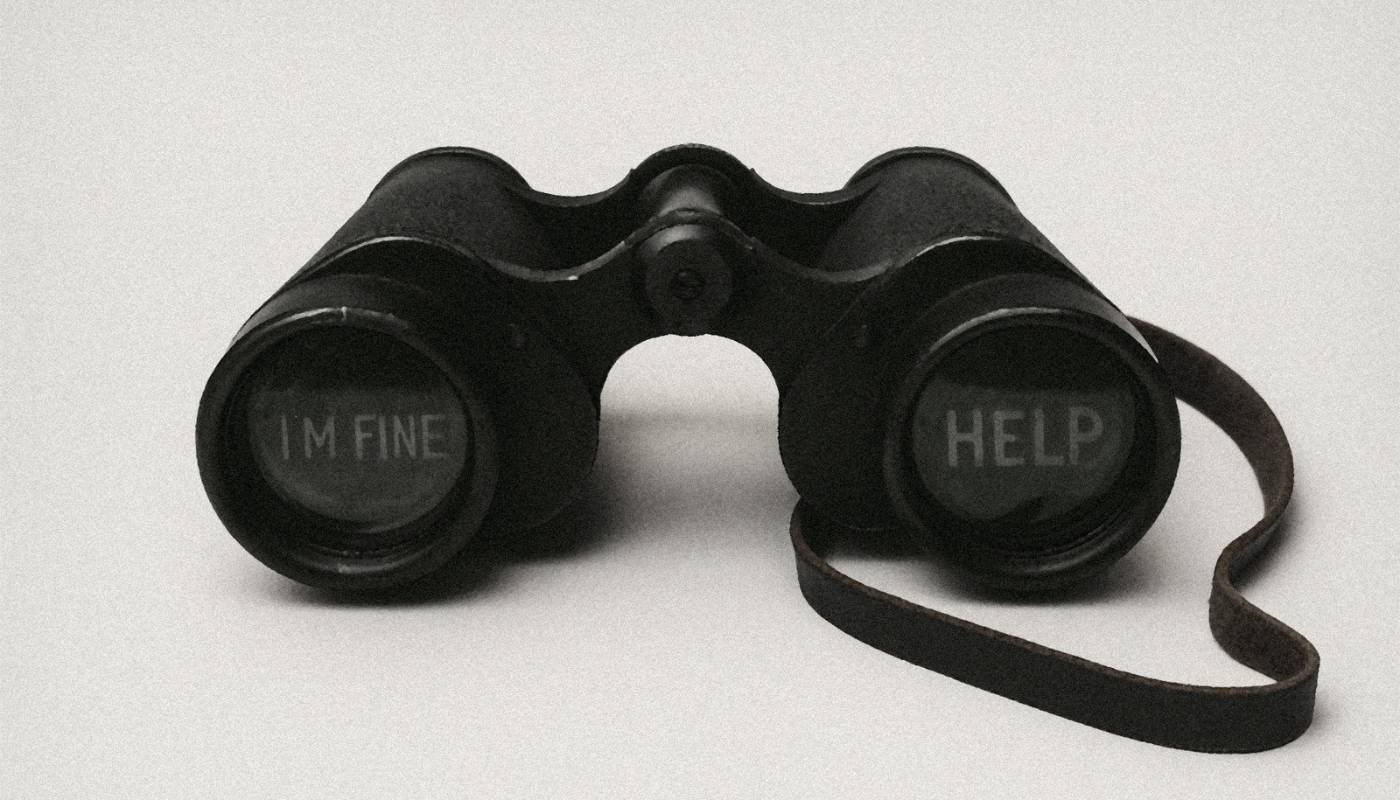You’ve heard the term. Maybe rolled your eyes at it. Maybe imagined a face mask and a scented candle. Maybe thought, “That’s nice for some people, but I’ve got 47 unanswered emails and no clean socks.”
This isn’t that.
This is a guide to taking care of your head, your body, your energy. And doing it in ways that actually work for your life (and don’t involve herbal teas named after emotions).
Let’s start with what self-care actually is. And just as importantly, what it isn’t.
Quick takeaways
- Self-care is maintenance. Think teeth brushing or cleaning your clubs. Small, regular actions that keep you steady.
- Do it before crisis. It’s about prevention, not last-minute rescue.
- Five habits work. Connect. Be active. Take notice. Keep learning. Give. Simple, science-backed, repeatable.
- Fit it into your life. Self-care doesn’t need candles or yoga retreats. It can be a walk, a voice note, or noticing your morning brew.
- Energy is the point. Sleep, focus, mood, and relationships all improve when you look after yourself.
- Consistency matters. Benefits build quietly over time. Stop-and-start rarely sticks.
- Know the limits. Self-care supports wellbeing, but if low mood, anxiety, or hopelessness linger, professional help may be a good idea.
What Is Self Care?
Put simply, self-care is the act of taking care of yourself. On purpose. It’s about doing small things that help you feel a bit more steady, a bit more you.
It takes effort, yes. But it can work wonders for your everyday mental wellbeing.
The problem? Most people have a pretty warped idea of what self-care actually looks like.
So let’s clear a few things up:
✅ Self-care is:
- Something you do before everything falls apart
- A way to protect your energy, not avoid your responsibilities
- A form of self-respect
- Less about fixing yourself. More about keeping yourself running.
- Something that fits around your life, not the other way round.
- A basic maintenance strategy, like cleaning your clubs
- Necessary for anyone with a body and brain
❌ Self-care isn’t:
- Just bubble baths, scented candles, and oat milk lattes (although this might help as well)
- A reward you only earn after being productive
- Self-indulgent, lazy, or weak
- Something to feel guilty about
- Just for people with a diagnosis, a therapist, or a yoga mat
- A fix-all solution (it won’t solve life, but it might make it feel slightly more manageable)
{{divider-main="/content-templates"}}
Why Bother?
Because being a person - whether you’re thriving, surviving, or somewhere in between - takes energy. And self-care is one way to look after that energy, so you’ve got a bit more to work with.
self-care can:
- Improve your sleep
- Lower stress levels
- Support your immune system
- Help you focus and think more clearly
- Boost your mood (even if your golf game’s a mess)
- Reduce the risk of burnout and overwhelm
- Make it easier to cope when life starts swinging
- Give you more energy for the things you actually care about
{{divider-main="/content-templates"}}
The 5 Ways To Wellbeing
These five actions come from proper research. The New Economics Foundation looked at what actually helps people feel better and came up with this list. They're backed by behavioural science, public health research, and (dare we say it) common sense.
Think of them like maintenance habits for your mental health. Nothing fancy. Just five simple things that, done regularly, can help improve your wellbeing.
{{divider-main="/content-templates"}}
Why People Skip Self-Care
Most people know self-care is “good for them.”
But actually doing it? That’s another story.
There are plenty of reasons it gets pushed down the list—or doesn’t even make the list at all.
Here are a few of the usual suspects:
{{divider-main="/content-templates"}}
Keep Going
Self-care isn’t a one-off. It’s not something you do once, feel amazing, and ride off into the sunset humming with inner peace.
It’s more like brushing your teeth. Do it once and… not much happens. Do it regularly and you avoid rot, pain, and an emergency Tuesday root canal.
Same goes here.
The real benefits of self-care don’t show up in a single yoga stretch or one early night. They build over time. Quietly. Slowly. In the background.
That’s why the boring bits matter. That’s why it counts even when you’re not in crisis. And that’s why stopping just because you’re “feeling better” usually backfires.
Think of it like this:
- You’re laying a foundation for steadier days ahead
- You’re giving your body and brain a buffer, not just a bandage
- You’re teaching yourself that you’re worth looking after—even when no one else is watching
It won’t always feel profound. Some days it’ll feel like effort for nothing. But stick with it, and eventually, you’ll realise you’ve built something solid enough to stand on.
Even if the only thing you’ve “achieved” is not yelling at a toaster.
{{divider-main="/content-templates"}}
When Self-Care Isn't Enough
Sometimes, despite your best efforts with self-care, things still feel overwhelming. That's completely normal and doesn't mean you're doing anything wrong.
Self-care is brilliant for general wellbeing and maintaining good mental health. But if you're dealing with persistent low mood, anxiety, trauma, or other mental health challenges, you might need additional support.
Consider reaching out to a professional if:
- You've been consistently low or anxious for more than a couple of weeks
- Self-care activities that used to help aren't making a difference
- You're having thoughts of hurting yourself
- You’ve been feeling hopeless about the future
- Daily activities feel impossibly difficult
- People close to you have expressed concern
{{crisis-main="/content-templates"}}
Want to Go Deeper?
Here’s some further reading, watching, or bookmarking if you fancy diving into the science, support, or simple reminders behind self-care:
Five Ways to Wellbeing – NEF
The original research behind the Five Ways, from the New Economics Foundation.
🔗 neweconomics.org/2008/10/five-ways-to-wellbeing
Mind: Self-Care Resources
Practical advice on looking after yourself, tailored for different needs and situations.
🔗 mind.org.uk/information-support/tips-for-everyday-living/self-care
Mental Health Coalition: What Is Self-Care?
Clear, simple breakdown of what self-care is and why it matters.
🔗 thementalhealthcoalition.org/what-is-self-care
NHS: 5 Steps to Mental Wellbeing
The UK public health version of the Five Ways—short, sharp, and science-backed.
🔗 nhs.uk/mental-wellbeing
Mental Health Foundation: Looking After Yourself
A solid roundup of everyday strategies for protecting your mental health.
🔗 mentalhealth.org.uk/explore-mental-health/publications/looking-after-yourself
Every Mind Matters (NHS)
Customised mental wellbeing plans and tips for building healthier habits.
🔗 nhs.uk/every-mind-matters
The Psychology of Self-Care – PsychCentral
A deeper dive into how self-care supports emotional regulation and brain health.
🔗 psychcentral.com/health/what-is-self-care-and-why-is-it-important
How to Make Self-Care a Habit – Greater Good Science Center
Tips for making it stick, backed by behavioural science.
🔗 greatergood.berkeley.edu
Headspace: What Is Self-Care?
A more mindfulness-focused take—useful if you’re exploring meditation or reflection.
🔗 headspace.com/self-care
If you have concerns about your mental health or well-being, please speak to a qualified health or mental health professional.
%20(13).avif)


.jpg)





.jpg)







.avif)